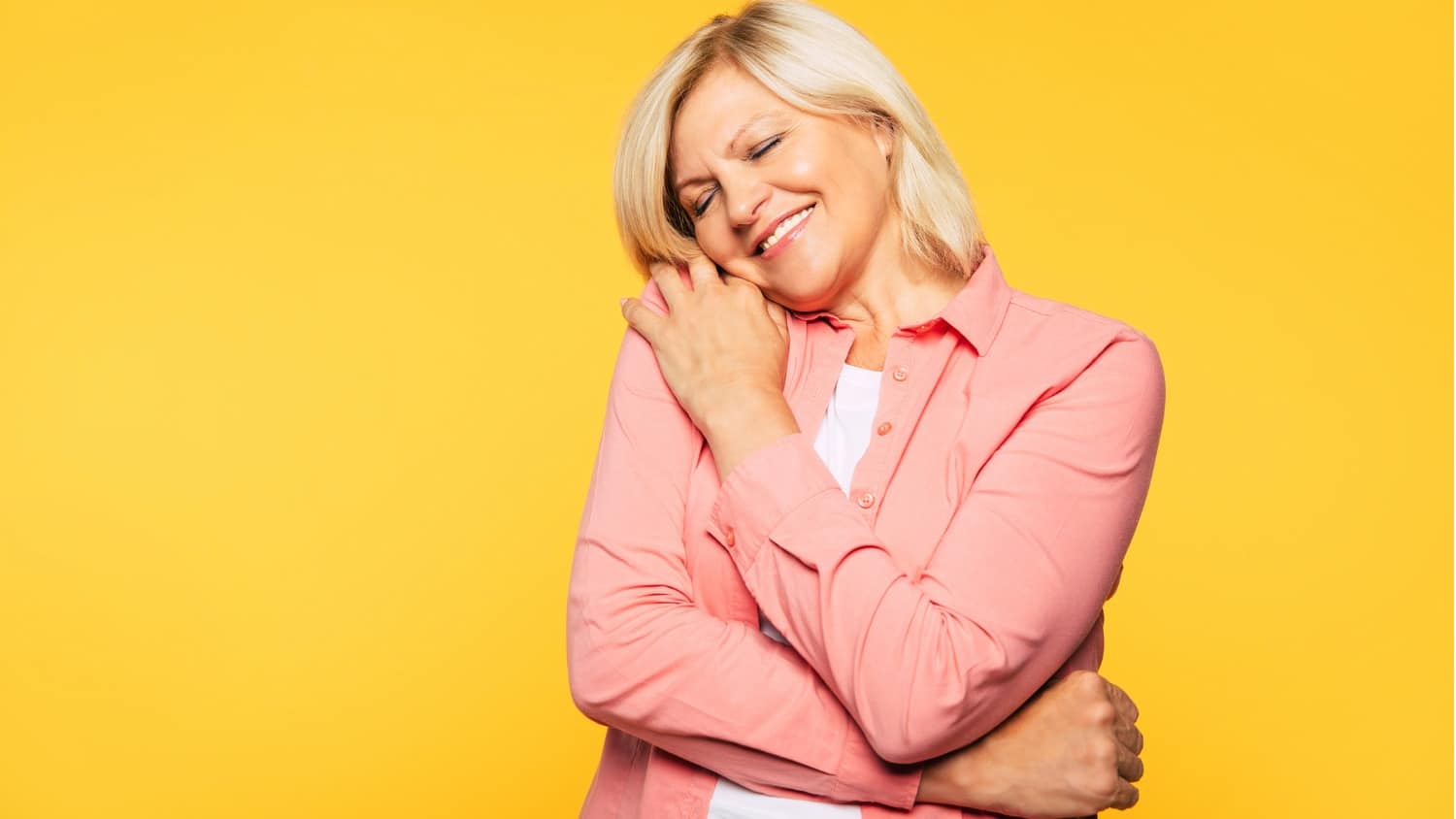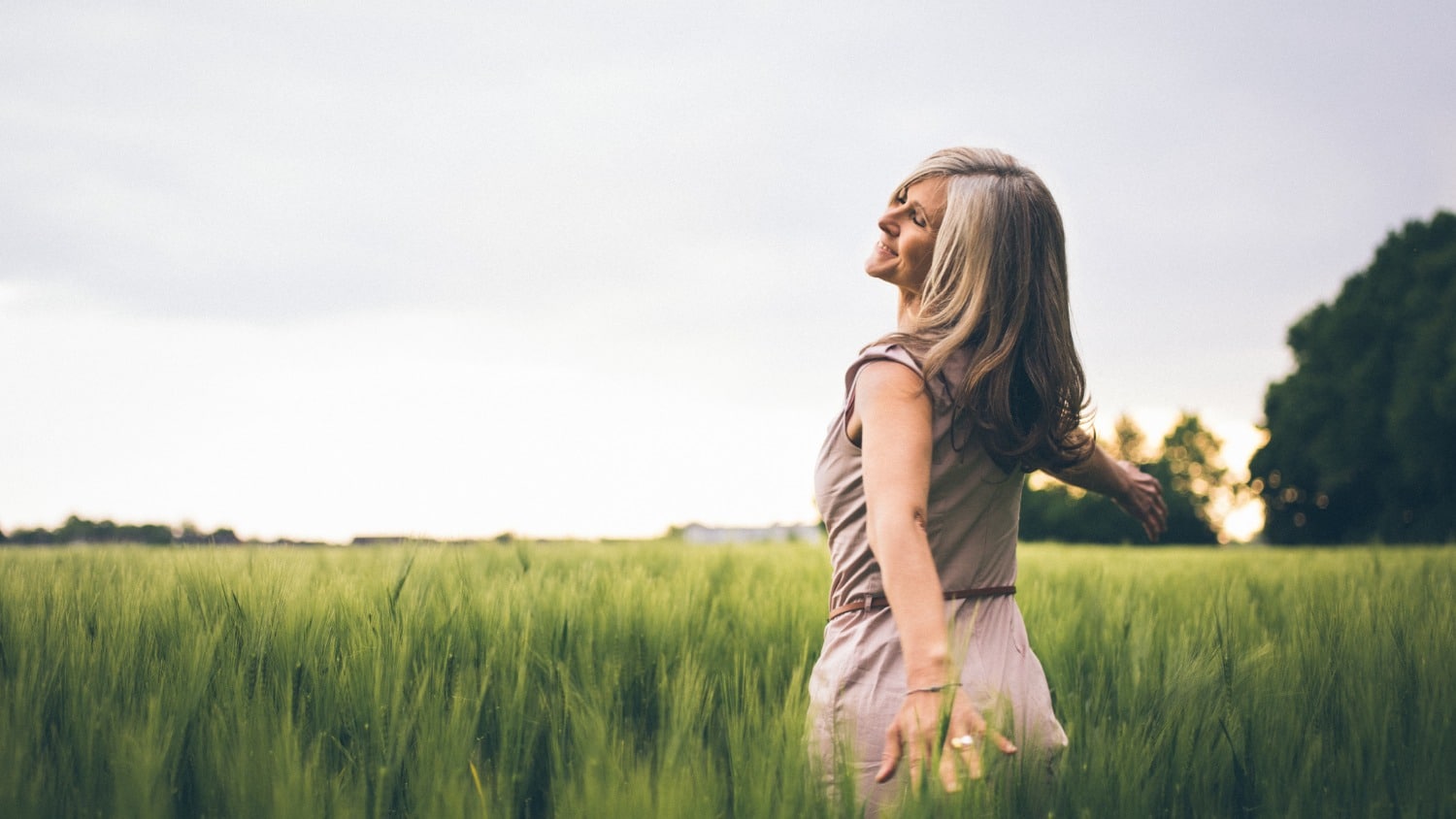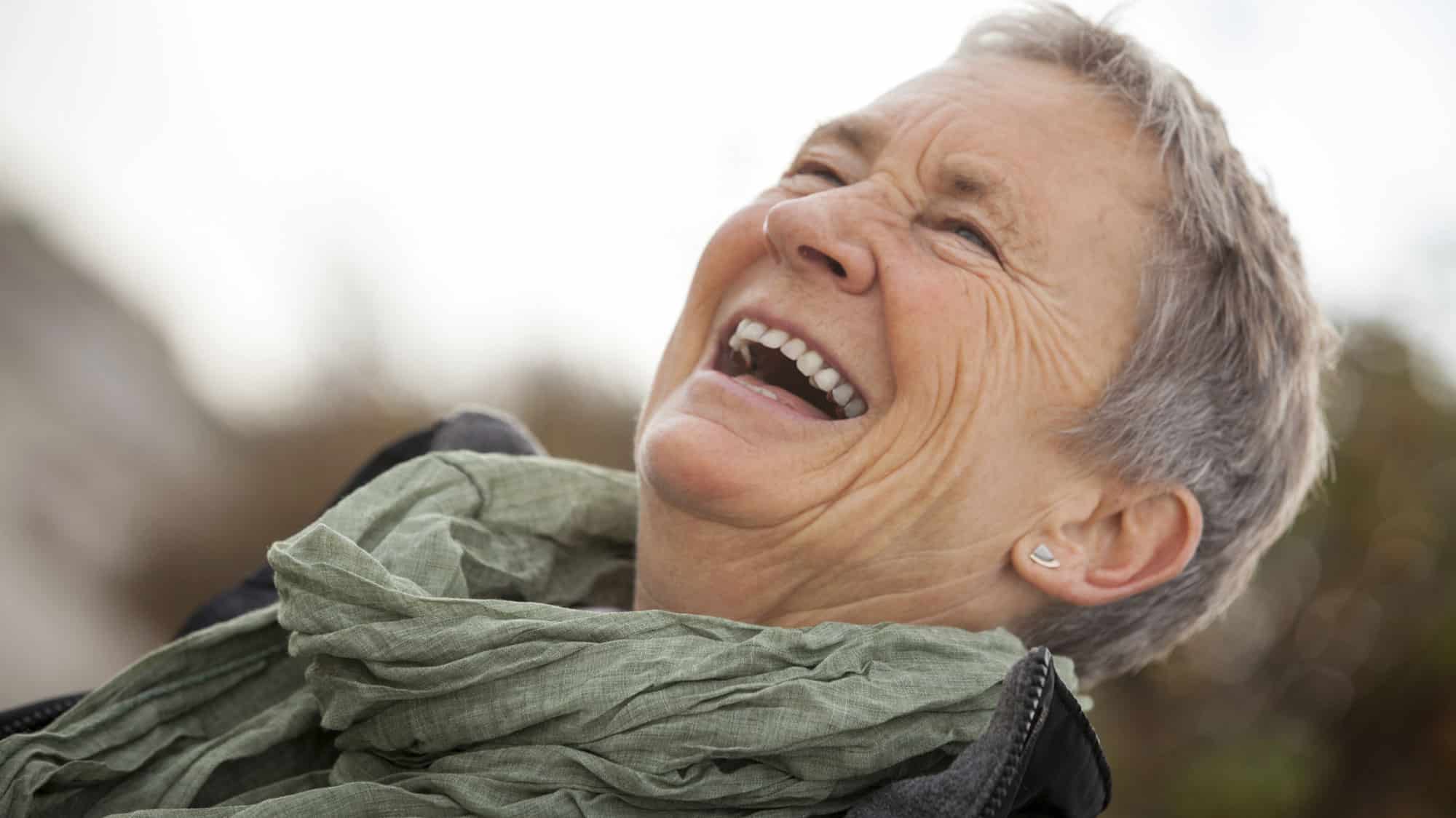
How Do We Handle Our Relationship with Ourselves?
Our relationship with ourselves is the most important relationship in our lives. If it isn’t mature, no other relationship in our lives will be mature and happy. Wayne W. Dyer, one of my favourite self-help gurus, says very clearly, “If you don’t love yourself, nobody will. Not only that, you won’t be good at loving anyone else. Loving starts with the self.”
This, of course, is easy to say. But what does it really mean?
Does Loving Ourselves Mean Being Narcissistic?
Does loving ourselves mean being like that narcissistic person who always dominates the scene with loud conversation – the excruciating bore who never listens to anyone else and tells the same stories over and over again?
What about the person who has strong opinions, isn’t really interested in the other side of the discussion, and ends every argument by slandering anyone who disagrees? Or the person who is so “sensitive” it’s impossible not to hurt their feelings? These kinds of people can certainly be said to love themselves, but they do so in an unhealthy manner.
What Is Love?
What do we mean by the word “love”? It can be defined as having a strong feeling or affection for someone who is related to us by family or friendship. But Wayne W. Dyer means more than that when he talks of love. For him, love as an emotion means nothing without action.
Actions speak louder than words, especially in this context. Loving oneself means active self-care. Too many people have been given the idea that to take care of oneself is selfish. This is such a false, dangerous view of what it means to have a good relationship with yourself.
Where Is Your Locus of Control?
So, the first thing to learn is where our locus of control sits. If it’s external, we believe that our destiny is governed by other people. We drift through life, letting people and things happen to us, and nothing is our fault.
It is very difficult to achieve true happiness, because our happiness is dependent on other people, and on events happening as we want them to. Utopias become appealing because they offer an attractive world based on ideals, not reality.
If our locus of control is internal, we believe that our life is in our hands and is what we make of it. We can never be a victim, because we decide which people will be in our life, and we make life happen. Utopias don’t appeal, because we can see they aren’t based on the reality of human nature.
But even if our locus of control is internal, and we are fully in control of our life, do we love ourselves? Do we show that love by taking care of ourselves? Are we creating an orderly, healthy, happy life for ourselves?
Are You Perfect?
Imagine someone asked you, “Are you perfect?” What would be your answer? Most people would immediately say that they are not perfect, so let me explain what I mean by that word.
In my opinion, perfect human beings are those of us who have opened ourselves up to honest self-examination. We realise that we are a work in progress, continually striving to deepen our understanding of ourselves. We observe how we interact with others so that we can continually develop a greater understanding of this side of ourselves and improve it. We want to make others happy, and be happy ourselves. We seek to live life successfully.
Perfect people are aware of our own continual growth in maturity. We accept ourselves as we are. We respect ourselves, and we love ourselves unconditionally. We have a good relationship with ourselves.
In this sense, “perfect” doesn’t mean a static state; it means that we are in flux, as is everything else. Change is always happening; the universe is continual change, and we accept that we are part of that whole process.
A useful book on reprogramming our brain to love ourselves is I Heart Myself by David R. Hamilton, PhD. There are many others available on the subject, along with podcasts.6
Let’s Have a Conversation:
What is your understanding of being ‘perfect’? Have you realised that you are, indeed, perfect, just as you are? Do you love yourself? Do you allow yourself to love yourself?
Tags Finding Happiness







I am getting to understand myself and most importantly love myself by letting go of others interpreting my life the way they want it to be! I’m free to do/be/say/live with what’s in my soul. Pretty freeing….🙌🥰
As I grew older, I noticed that I was not noticed so much by others. I felt that being attractive was the strongest asset. I thought that getting positive response from others determined who I was. At age 81, I have learned that you do not need to be young or attractive to get a positive response from others. I feel freer than ever because I feel that I do not need to be young or attractive to get along. My insides must be right with themselves. Then all goes well. People respond to genuine auras. Being “just who I am” is enough. I love this feeling!
You inspire and give me hope! At 76 I am struggling with liking/loving myself enough to even stay on the planet.
Karen, Please don’t lose hope. Sometimes the greatest joy and peace is just around the corner. Praying for you!🙏🏼❤️
Honey you are worth staying on this planet. This planet needs all of us. I’ve been there to and so thankful for my time here and now. Blessings to you from Texas.
Very inspiring philosophy, Patricia.
Thank you from a work in progress. A huge help to me is, “positive Intelligence” by Shiraz’s Chamine. His assessment t and exercises were life changing for me.